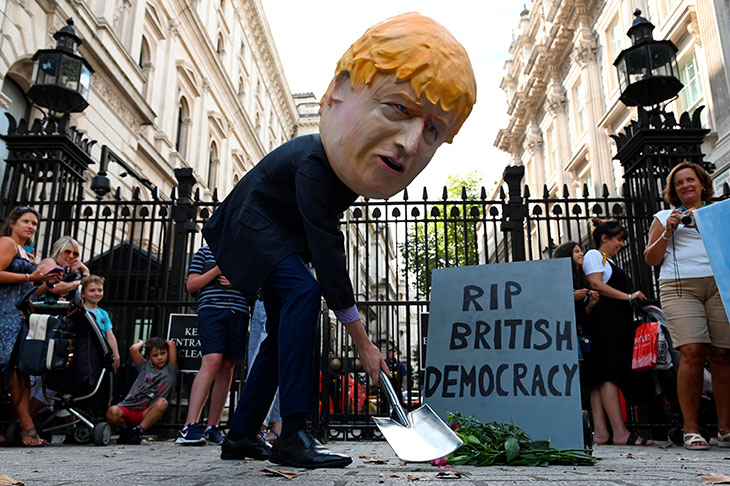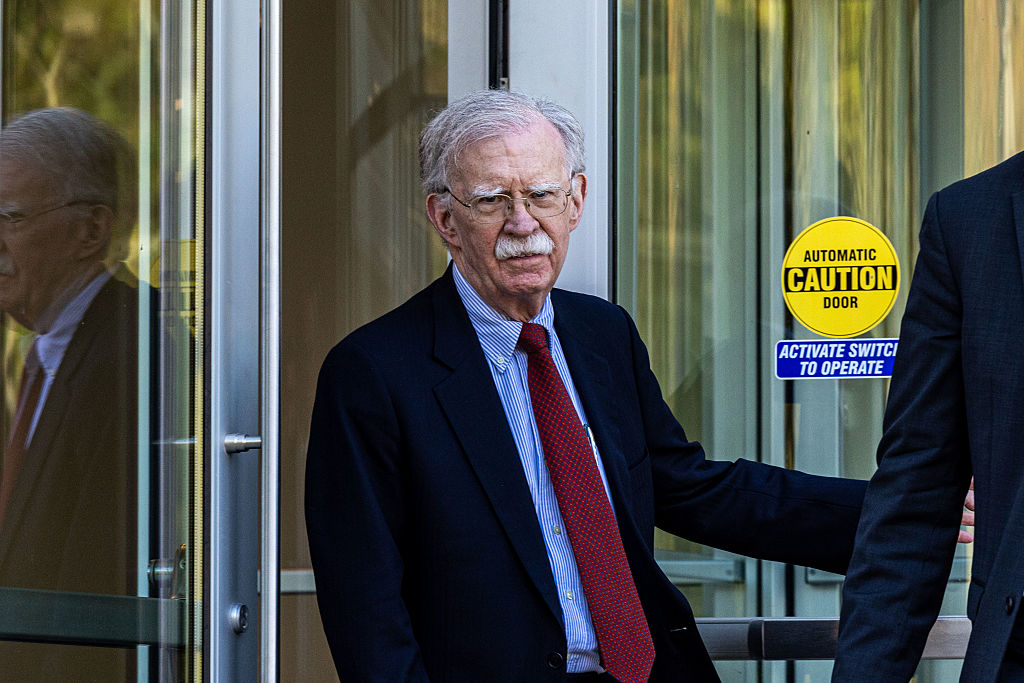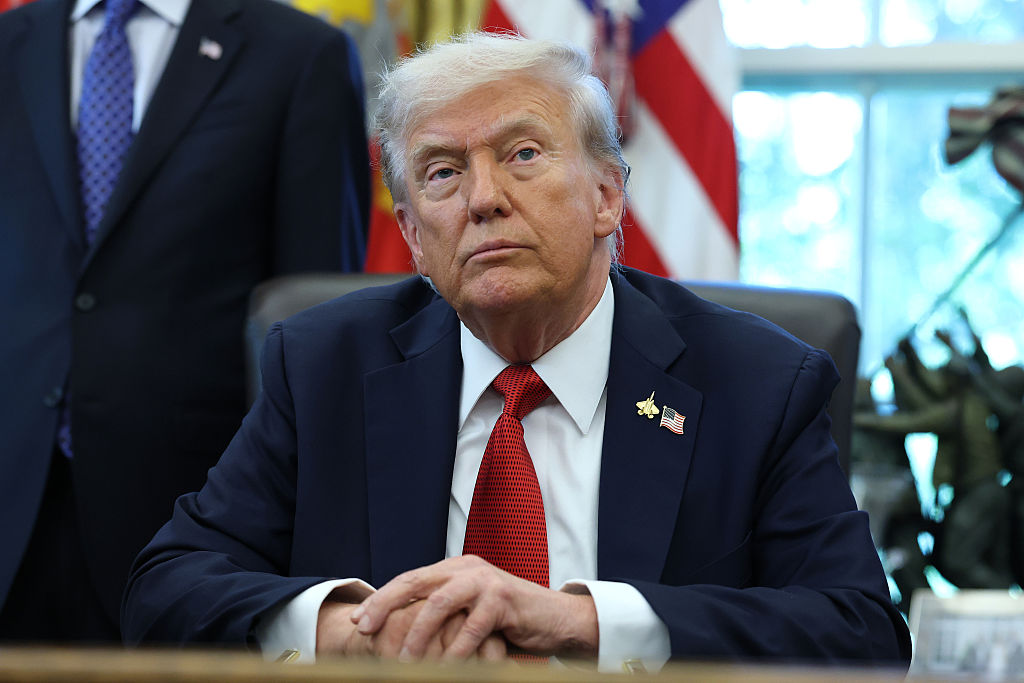American liberals perceive it as a jarring inconsistency: my opposition to Trump and support for Brexit. Especially outside the UK, these two phenomena are perceived as identical twin expressions of an alarming ‘populism’, whereby the animals take over the zoo. I’m one of the curiously few political voyeurs who think the American electorate’s preference for an incompetent president and the British electorate’s preference for leaving a power-hungry erstwhile trading bloc have little in common. Dizzying events in the UK this month bring out one vital distinction in relief.
In 2016, certainly Donald Trump’s unanticipated victory triggered an immediate consternation among America’s power brokers that rivaled if not surpassed the British elite’s indignation at the equally astonishing referendum result, which the worldwide intelligentsia also derogated as self-destructive and ignorant. From the get-go, many Democrats have seen Trump as an existential threat to their country’s political, economic and spiritual future. For Trump’s opponents, their nation’s very survival has seemed at risk, as well as the reputation of the country abroad; I myself worry that the damage Trump has done to the US internationally could be long lasting. So the American stakes are high.
Nevertheless, the 2016 presidential election result was not contested. No matter how ferociously Trump’s detractors reviled the man, no matter how fiercely they believed with all their being that this nincompoop was the worst thing to happen to their country in their lifetimes, no one seriously argued that the under-qualified beneficiary of electoral caprice should be prevented from assuming the office. No one launched a campaign to forcibly install Hillary Clinton in the White House anyway, because Trump supporters ‘didn’t know what they were voting for’. Unlike the UK’s narrow but still decisive referendum outcome, the American popular vote went for Hillary by about three million ballots, thereby stirring Democratic outrage and muting Trump’s appearance of having a mandate. But that did not, even for Democrats, make his election politically illegitimate

That fateful November, the losers grumbled plenty about the arcane perversity of the electoral college — echoing the same understandable petulance of 2000, when George W. Bush prevailed over the popular vote winner, Al Gore. Yet no one seriously maintained that the rules under which the 2016 election had been run should be rewritten retroactively. Much less did any Americans clamor to hold the election all over again.
Following the inauguration, the enormous Women’s March in DC protested Trump’s presidency all right, but the exercised crowd was not actually calling for a revolutionary coup that would drag him from the Oval Office. They weren’t waving placards outside Congress scrawled with ‘Ignore the election results! We’re right and they’re wrong!’ or ‘Make Hillary president now, in defiance of the stupid people, in order to save the nation!’. Thereafter, though tempted to instigate an impeachment that would also adhere to strict constitutional procedures, most Democratic politicians have prudently placed their bets on 2020. The people put Trump in power. Best, then, that the people oust him.
You get the drift. In the US, however shakily and however Trump tests it, the system is intact. Even crazed, hair-tearing activists accepted that this erratic, poorly spoken reality TV star had won the election, in the terms under which it had been fought. Ever since, the opposition has numbly weathered the boastful bombast, the embarrassing tweets, the unseemly flirtation with dictators, because the people had elected Trump. Democratic due process thus dictates that Trump is president, unless he’s removed from office by yet more dogged due process. The system and the preservation of its integrity are more crucial than whatever result at any given time the system spits out.
The contrast in the UK is dismally stark. Whatever you think of the decision, a majority of the British people voted to leave the European Union. Well over three years later and counting, the UK is still a full member of the EU. At the time of writing, a October 31 Brexit continues to look imperiled. Ironically, its best prospect currently rests not with the British government but with the EU itself, should a single member such as France veto a third, Commons-mandated delay.
The UK’s system is not intact. In 2017, naively imagining that the EU question had been firmly settled the previous year, the British electorate voted in accordance with smaller domestic concerns such as social care, and inadvertently elected a 70 per cent Remainer parliament. Aflame with righteousness and contemptuous of the scruffy Leaver hoi polloi, this parliament flat-out refuses to obey the electorate. In the process, Remainer MPs bend or break convention at every turn — and with an unwritten constitution, convention is the system.
So Boris ought at least to hew to the letter of the law, rather than go rogue and defy the ‘Surrender Bill’ outright. But his axing a few days from the parliamentary calendar was legal, and only gave Remainers a dose of their own Machiavellian medicine. For I can’t count the extraordinary violations of precedent racked up by crusading Europhile MPs in pursuit of their noble cause. The ‘neutral’ Speaker makes no secret of his Remainer partisanship. Parliament high-handedly removes control of the business of the house from government, appropriates foreign policy, and refuses to hold the general election that could sort their own paralysis, because the Remainers who’ve hijacked the country might lose. All this in the name of stopping what their electorate voted for and their party manifestos endorsed.
I don’t doubt the sincere patriotism of Philip Hammond, Dominic Grieve and their confederates. Remainer MPs deeply believe they’re right. But everyone believes they’re right. The whole purpose of democracy is to manage situations in which everyone believes they’re right and everyone disagrees. The dangerous game Remainer politicians are playing could indeed result in a win. But what good is triumph, if in the end your system of governance looks a farce, its ‘democratic’ decisions revealed as rigged by the lowlife electorate’s haughty betters? They destroy their country to save it. Think ‘spite’ and ‘face’.
This article was originally published in The Spectator’s UK magazine. Subscribe to the US edition here.

























